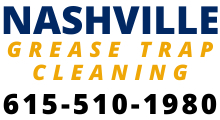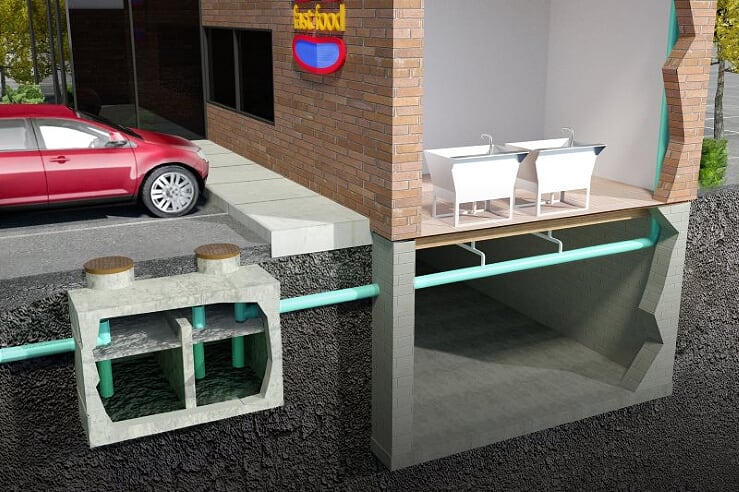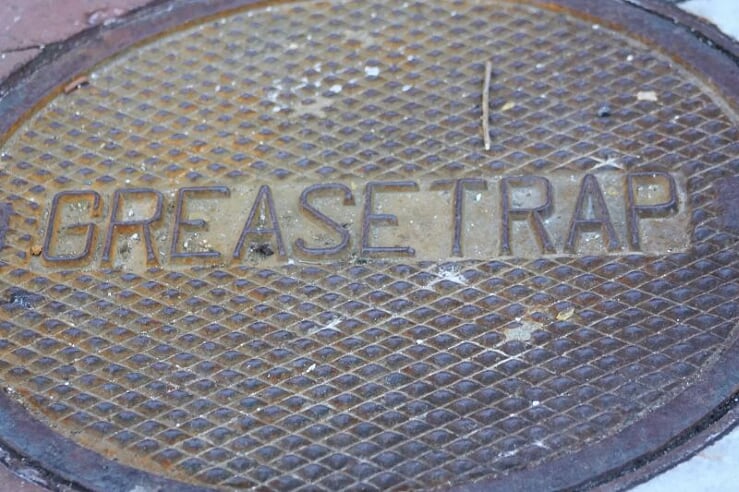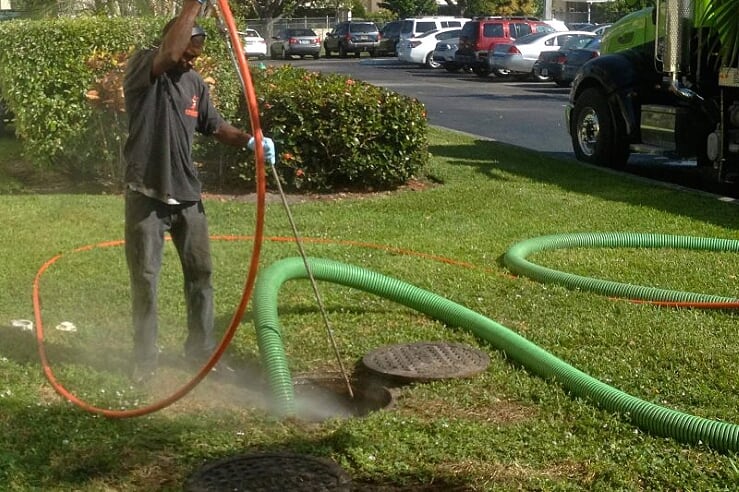Grease Interceptor Pumping in nashville
Nashville Grease Interceptor Pumping
Grease Interceptor Pumping Services in Nashville
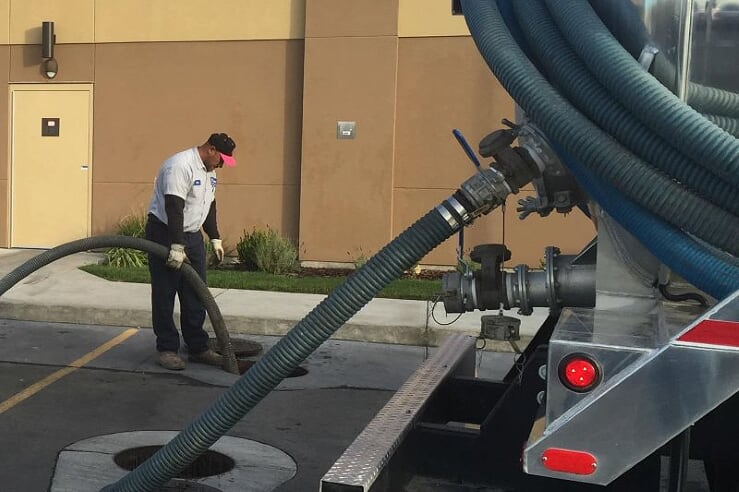
Like many other Cities’ in the South, Nashville folk love their fried food. Nashville restaurants continue to surprise us with their unique take on traditional food from the famous fried sweet potato to the unique fried pickles, Nashville has a lot to offer the palate. In recent years, the City has experienced an enormous boom in the restaurant business. This development has opened the door for many grease interceptor service companies to make their money. Nashville Grease Interceptor Pumping has been serving the “Music City” for a long time and is proud to be among the first service providers in the area.
The role grease interceptor technology plays to ensure the safe flowing of water in the sewer system is often underestimated. Without this technology, our sewer systems will soon clog, leading to stinky back-ups that can be the end of civilization as we know it. Such a disaster would soon be the theme of songwriters in the City. Everything we love about our City from clean streets to cozy neighborhoods is because of the geniuses who created grease interceptors. It is no wonder that all food establishments in the City are required to have a grease interceptor installed before they can operate.
Maintenance schedule for your grease trap
You, by now, understand and appreciate the vital role grease traps and interceptors play in the success of your food business. With this in mind, you would want to do all you can to keep your traps functioning at maximum capacity. Here are three common questions we are asked about the maintenance of grease interceptors:
How regular am I required to clean my grease interceptor?
According to the City Health Department in Nashville, there are a few variables that are taken into consideration before coming up with a regular maintenance schedule. For example, the size of your trap can have a significant impact on how fast it fills up and how frequent it requires pumping. Another thing they consider is the amount of greasy food you prepare in your restaurant. In Nashville, most restaurants have a ‘Fried special’ and use high volumes of oil.
If you own a restaurant that produces a lot of FOG, monthly pumping may be necessary to ensure that your trap never reaches maximum capacity. Ideally, you should empty your trap when it reaches 25%. For commercial kitchens that use little oil, pumping may be done less frequently, such as once or twice a year.
The City of Nashville is very serious in implementing these regulations so all restaurant owners should comply religiously. Fines and penalties are regularly given to those who fail to comply. On top of these monetary fines, your restaurant can also be closed until the issue is addressed.
The importance of the 25% rule
You may be wondering why the law requires interceptor pumping when you have only reached the 25% mark. The answer has to do with the risk of overflows. The City needs to be diligent in ensuring that all restaurants dispose of their grease before it reaches the sewer system. The 25% rule provides that owners get rid of fat before any threat of overflow or blockage occurs.
This rule is something all restaurant owners should remember. The Health inspectors in Nashville regularly visit food establishments to make sure this rule is followed. If you are found with an interceptor that has reached more than 30% capacity, you risk being fined.
What if I only use a small grease trap?
Using small grease traps has its pros and cons. On the positive side, installing such a grease trap will be very affordable, but considering the low capacity, you will require regular pumping. Small grease traps can only hold up to 50 gallons of FOG, which is very little, so you can expect your trap to fill up fast. Ideally, you need to get rid of your grease at least once or twice a month if you only have a small hatch in your kitchen. Of course, this will depend on the amount of fat you produce daily.
How about if I use an underground grease interceptor?
Unlike the smaller grease trap, grease interceptors have large capacities ranging from 750 to 5000 gallons. This large capacity has its advantage, which is that less frequent pumping is required. On the downside, installing an interceptor underground involves a lot of work, which makes installation pricey. Generally speaking, if you own a large commercial kitchen, a grease interceptor is always a better option in the long run despite the initial high cost of installation.
Do you have problems with your Nashville grease trap interceptor? Let our hydro-jet cleaning solve it!
The only time your grease trap is immaculate is when it is first installed. The moment grease starts to flow into the trap, and sludge sticks to the edges and sides of the interceptor. In time, this sludge build-up increases the risk of overflows, and no matter how often you pump the grease out, the sludge won’t be removed.
The only way to solve this issue is to use hydro-jet cleaning. Our company offers this service that gets rid of stubborn sludge using high water pressure of up to 3500 PSI. After we are done, your grease interceptor will function as efficiently as ever. Give us a call now and give your trap the deep cleaning it needs.
Affordable & Reputable Grease Trap Services
